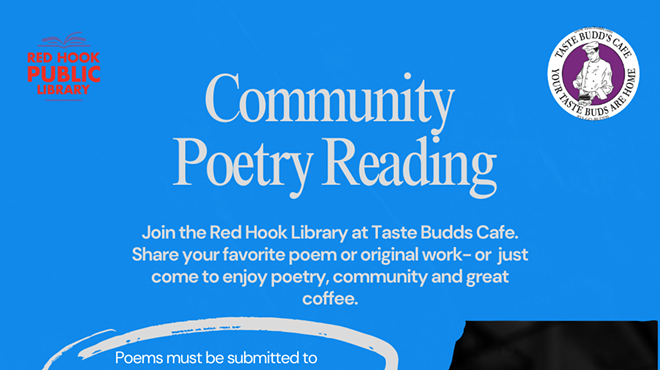Esteemed Reader for August
[]
I hate quotations. Tell me what you know.
—Ralph Waldo Emerson
Esteemed Reader of Our Magazine:
The irony of quoting a statement disparaging quotations aside, I’ve recently been astounded by how few of the words coming out of my mouth reflect anything I actually know.
This came to my attention recently in a conversation with someone who proudly informed me that he leaves work at lunch time to listen to his buddy Rush. I found myself madly criticizing the right-wing talk show host, and expounding on the benefits of more “enlightened” media. Mid-sentence, I suddenly realized I have, in fact, never listened to Rush! To my credit, I stopped talking. The conversation naturally changed course to something we both had some direct experience with—splitting firewood.
This self-observation has stayed with me, like a thorn digging deeper. The insight has made me a person of fewer words. After inspecting the words I’m preparing to speak, I frequently choose to say nothing at all. Perhaps it’s age, but I’m tired of hearing myself spout conjectures and opinions. It could even be, I realized, that speaking from mere opinion is a subtle form of lying.
Modern humans have become experts at quantifying data. It fills books and hard-drives. It crams cloud stores with measurable gigabytes and terabytes of material. Data is so valued in our society that we fill our minds with all sorts of ideas, opinions, theories, and “facts,” mostly trivial and meaningless, mostly divorced from any practical application or real understanding. But still, data seems to be what is most valued, its accumulation being the basis of all the testing and achievement measurements of the educational system.
Nevertheless, data, or what is generously termed “knowledge,” has a counterpart of equal or greater significance, though completely overshadowed in the western paradigm. For want of a better term, it is called being. If knowledge is something a person has, being is what she is. It is her ability to put knowledge into practice, and it is the inner resilience to assimilate the suffering inherent to the process of learning and development.
The images of being in popular culture are examples divorced from their knowledge counterpart. We see bodybuilders with more muscle tissue on their bodies than they could ever know what to do with. They have the knowledge of how to cultivate said tissue, but for what purpose besides vanity and domination? The US’s national fixation on and construction of military might, out of all proportion to what is needed to defend its shores, is a macro-image of the bodybuilder’s freakish profile.
Knowledge can only be relevant and alive in a person when it meets with a balanced level of being. And correspondingly, being only has value when it is informed and guided by the requisite knowledge. Otherwise there’s an imbalance, and a person or group is doomed to a deluded and lopsided existence.
Looking at the state of humanity, and its preoccupation with mastering specialized and partial knowledge, we see an uneven development in all areas. We are trained to be so fixated on irrelevant data that we have lost the ability to discern real value from abstract, empty value with the effect that what is truly valuable is smashed and destroyed beneath the wheels of progress. Paradise is paved so that the conscience-deadened few who wield specialized knowledge of resource development and financial manipulation can add a few zeros to the balance of their accounts.
When knowledge is truly balanced with being, a third factor is born. That factor is called understanding. Understanding cannot be given or taken away. It can only be earned through practice and application of sound principles. But once understanding has been earned, it is ours. It represents insight that is always available—what we “stand under.” Understanding forms the intelligent matrix of our person and informs all we do. It doesn’t require defense or argument because we are not identified with it—we simply understand that it is so. A true understanding is complete, and reflects completeness. It informs relevant action because it is an organic part of a larger world.
The prize of understanding is a natural formation, of a piece and harmonious with the rest of the real world. Living in the light of understanding enables a person, a society, humanity, to begin to harmonize with the concentric cosmoses that nourish and support each individual existence.
The promise of real understanding is fulfilled when I shift my sense of value from meaningless to data to practical knowledge—and proceed, day by day, moment by moment, to put that knowledge into practice.
This, I know!













